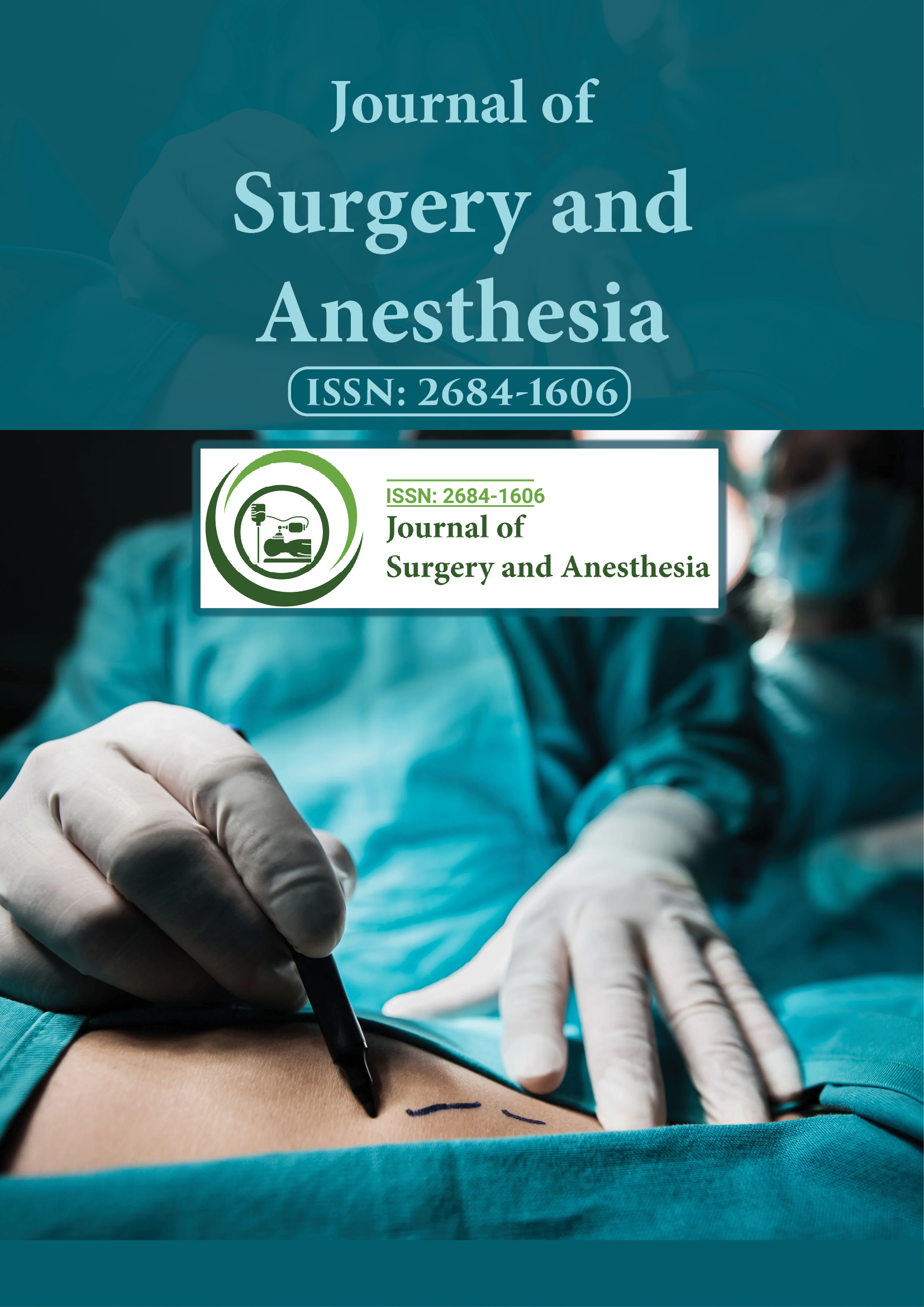Индексировано в
- Google Scholar
Полезные ссылки
Поделиться этой страницей
Флаер журнала

Журналы открытого доступа
- Биоинформатика и системная биология
- Биохимия
- Ветеринарные науки
- Генетика и молекулярная биология
- Еда и питание
- Иммунология и микробиология
- Инжиниринг
- Клинические науки
- Материаловедение
- медицинские науки
- Науки об окружающей среде
- Неврология и психология
- Общая наука
- Сельское хозяйство и аквакультура
- Сестринское дело и здравоохранение
- Управление бизнесом
- Фармацевтические науки
- Химия
Абстрактный
门诊手术中心经鼻腔注射利多卡因和肾上腺素后发生 Takotsubo 心肌病:病例报告
朱莉娅·西科尔斯基、爱德华·阮
尽管门诊手术是安全的,但医护人员必须始终警惕罕见的、危及生命的疾病,这些疾病可能需要立即诊断、治疗,并可能将患者转至更高级别的护理。我们介绍了一位 37 岁女性的病例,她到门诊中心接受鼻腔手术。全身麻醉诱导过程顺利。然而,在手术切口前接受局部麻醉剂肾上腺素鼻腔注射后,她出现了严重的高血压和随后的心血管不稳定,需要紧急转至急诊室,然后转至重症监护室。经胸超声心动图显示心脏运动明显受损,射血分数严重降低,几天后有所改善,并在一个月内恢复正常。患者被诊断为 Takotsubo 心肌病 (TC),这是一种由严重应激引起的非缺血性心肌病。在健康的 ASA 1 患者中,在常见的、选择性门诊手术中使用局部麻醉剂肾上腺素可能导致 TC。在急诊护理资源有限的门诊手术中心,应迅速识别 TC 并由麻醉师进行治疗。及时将患者转至急诊护理机构可预防长期后遗症。
Отказ от ответственности: Этот реферат был переведен с помощью инструментов искусственного интеллекта и еще не прошел проверку или верификацию